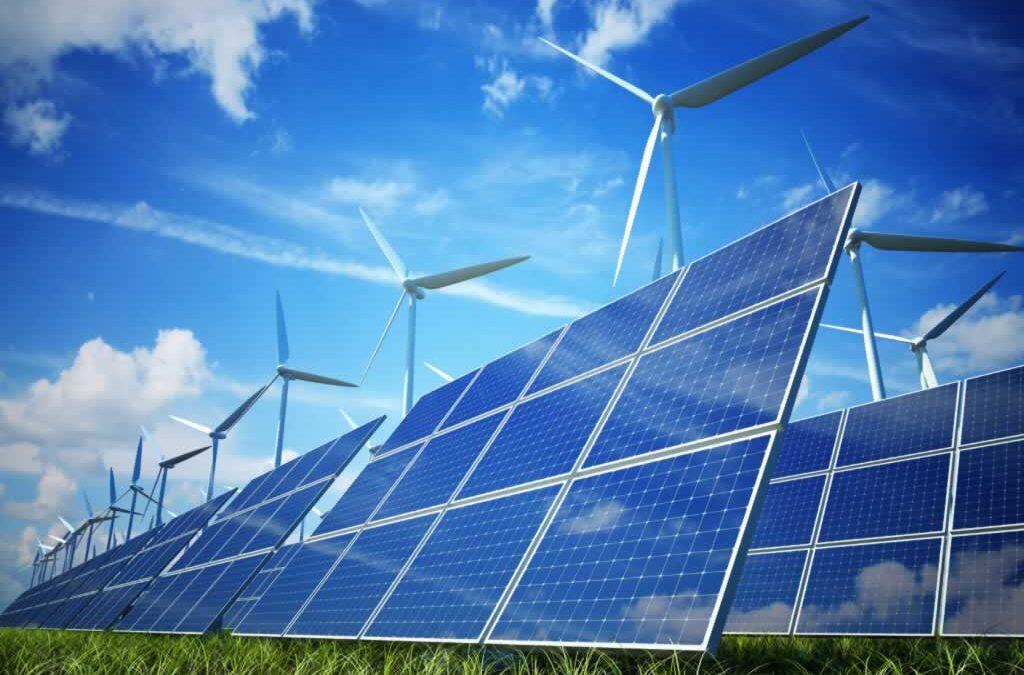Every budget-conscious consumer wants to lower their monthly electricity bill. A new research found that by 2025, clean energy electricity in the UAE and around the world could be a lot cheaper than coal and natural gas.
Sun and wind are currently considered the cheapest sources of energy in the UAE, and with the right regulatory and policy frameworks in place, costs are poised to decrease even further (by as much as 59 per cent), according to a report released on Wednesday by the International Renewable Energy Agency (Irena).
The report highlighted that the average cost of power generated by solar technology or photovoltaics (PV), offshore wind and onshore wind could drop by 59 per cent, 35 per cent and 26 per cent, respectively compared to 2015. Electricity produced through concentrated solar power could also drop by as much as 43 per cent, depending on the technology used.
“We have already seen dramatic cost decreases in solar and wind in recent years and this report shows that prices will continue to drop, thanks to different technology and market drivers,” said Irena director general Adnan Z. Amin.
“Given that solar and wind are already the cheapest sources of new generation capacity in many markets around the world, this further cost reduction will broaden that trend and strengthen the compelling business case to switch from fossil fuels to renewables.”
The cheapest sources of new energy supply in the UAE are said to be solar and wind. According to Irena in an earlier report, the UAE could generate Dh7 billion in annual savings by 2030 if it continues to harness the power of renewable energy. It said the country has the capability to achieve a 10 per cent share of clean energy in its total energy supply and almost 25 per cent in the power sector.
There have been sharp falls in the costs of renewable energy in the UAE, while the costs for natural gas have increased due to declines in domestic production. Since 2009, prices for solar PV modules and wind turbines have dropped roughly 80 per cent and 30 to 40 per cent respectively.
Cost declines are further supporting the case for moving away from fossil fuels and making solar and wind electricity mainstream. Further strengthening the drive to promote renewable energy, the Dubai Electricity and Water Authority had earlier announced that it will launch Concentrated Solar Power (CSP) projects that will generate 1,000 megawatts by 2030.
“Historically, cost has been cited as one of the primary barriers to switching from fossil-based energy sources to renewable energy sources, but the narrative has now changed,” said Amin.
“To continue driving the energy transition, we must now shift policy focus to support areas that will result in even greater cost declines and thus maximise the tremendous economic opportunity at hand.”
“The UAE’s strategy of innovation and diversification has placed it at the fulcrum of the massive transformation of the global energy landscape that has already begun,” Amin said earlier.
Source: Gulf News











